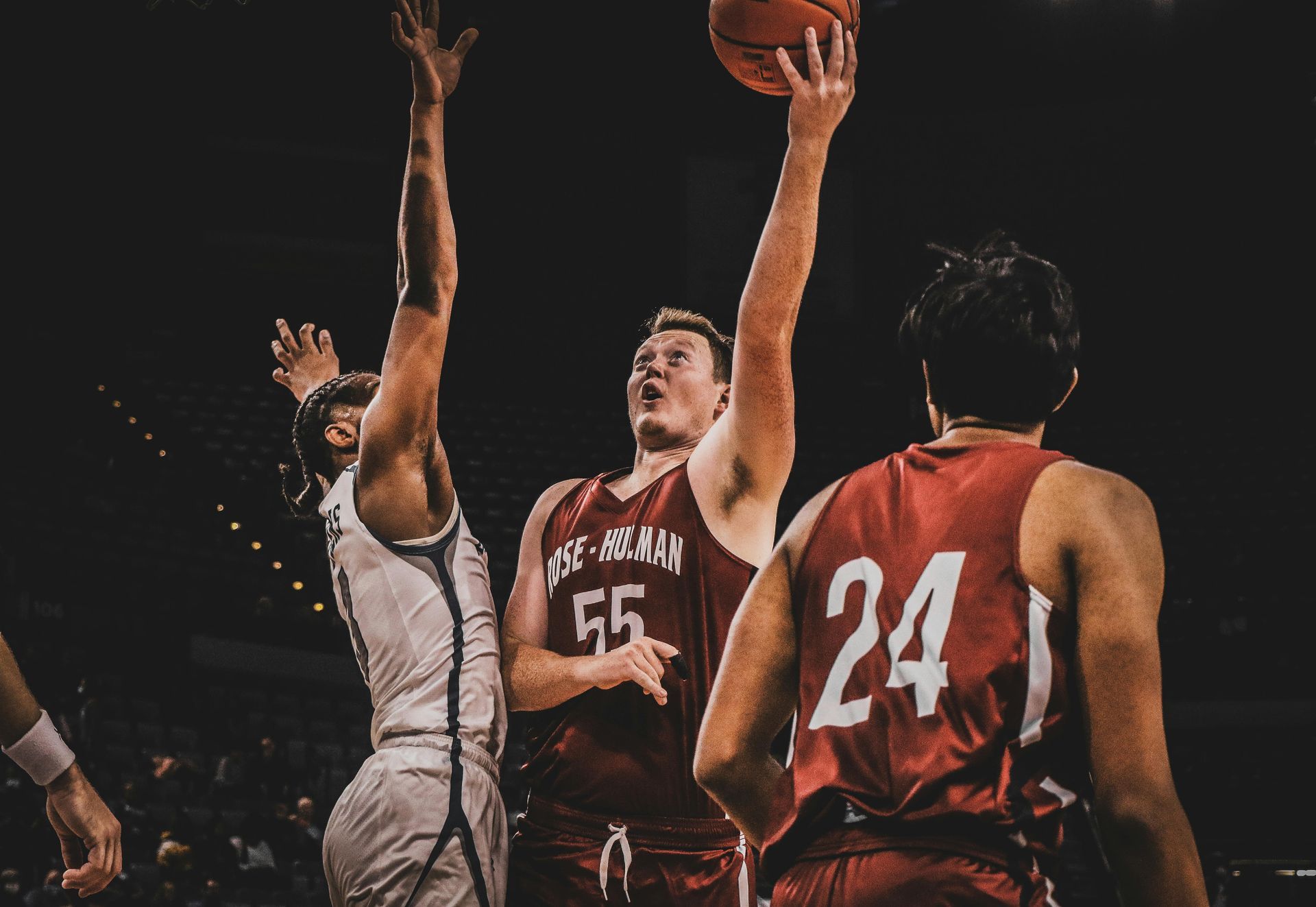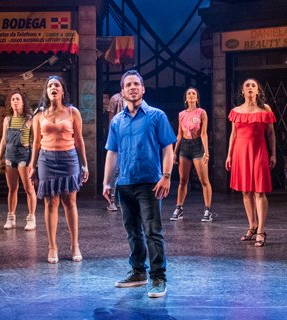What are P-1B and P-1S visas?
Click here to read this article in Spanish
In order to be eligible for the P-1B visa, at least 75 percent of the members of your group must have had a substantial and sustained relationship with the group for at least one year (a.k.a. at least 75 percent of the members of the group must have been members for at least one year).
Additionally, your entertainment group must be internationally recognized, having a high level of achievement in a field evidenced by a degree of skill and recognition substantially above that ordinarily encountered, to the extent that such achievement is renowned, leading, or well-known in more than one country. The reputation of the group, not the individual achievements of its members or the acclaim of a particular production, is essential.
Note that this is a group visa and that individual entertainers not performing as part of a group are not eligible for this visa classification. However, individual or duo performers who regularly perform with back up instrumentalists may also be able to demonstrate eligibility for this visa.
Support personnel, that are essential to the group’s performance, are also eligible for a P-1 visa so that they can travel with and assist the group. This visa is a P-1S visa, and would be filed in conjunction with the group’s P-1B visa petition. In order for the support personnel to be eligible for a P-1S visa, it must be shown that they are an integral part of the performance of a P-1 entertainer(s) and that they perform support services which cannot be readily performed by a U.S. worker. Support personnel can include front office personnel, camera operators, lighting technicians, and stage personnel.
For more information on P-1B and P-1S, as well as other P visas, and to determine if one of these visas is right for you, please contact one of your experienced immigration attorneys!
This blog is not intended to be legal advice and nothing here should be construed as establishing an attorney client relationship. Please schedule a consultation with an immigration attorney before acting on any information read here.
Angelica Rice
Similar Posts












